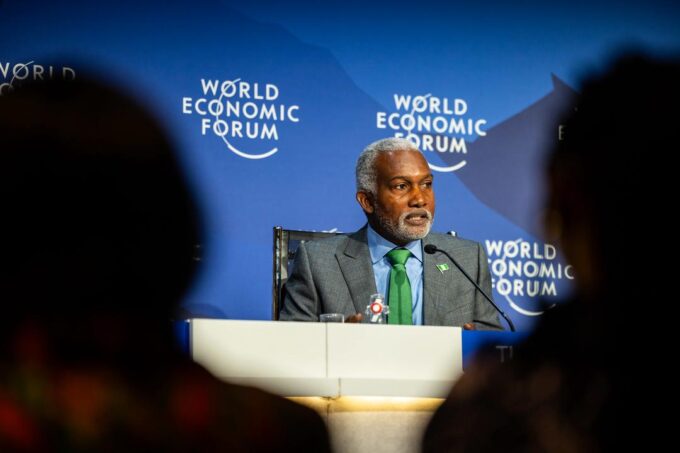Russian President Vladimir Putin highlighted the pivotal role that Asian and African countries will play in the global economy over the coming years. As these regions experience significant economic growth, they are poised to emerge as new centers of global development, reshaping international dynamics and offering fresh opportunities for investment and collaboration.
The Landscape of Economic Growth
Asian and African nations have shown remarkable resilience and adaptability in navigating the complexities of the global economic landscape. Despite challenges such as political instability, climate change, and the lingering effects of the COVID-19 pandemic, many countries in these regions are harnessing their unique strengths to foster growth.
Countries like India, Vietnam, Nigeria, and Kenya are leading the charge with innovative policies, strategic investments in infrastructure, and an emphasis on technology and entrepreneurship. The burgeoning middle class in these nations is driving consumption and creating vibrant markets, further attracting foreign investment and facilitating trade.
A Shift in Global Development Paradigms
Historically, global development has often been centered in Western economies, but this paradigm is shifting. As Asian and African nations experience robust economic growth, they are redefining their roles on the world stage. This transition presents an opportunity to foster inclusive development that emphasizes local priorities and promotes sustainable practices.
In Africa, initiatives like the African Continental Free Trade Area (AfCFTA) are paving the way for increased intra-African trade, which is vital for economic integration and resilience. By reducing trade barriers and enhancing cooperation among member states, the AfCFTA aims to create a unified market of over 1.3 billion people, bolstering economic growth and enhancing the continent’s global competitiveness.
Similarly, in Asia, countries are leveraging technological advancements to fuel growth. Nations such as China and India have embraced digital transformation, using technology to enhance productivity and streamline operations across various sectors. This focus on innovation positions these countries as leaders in the global economy, attracting investment and fostering collaboration.
The Role of Investment and Innovation
Investment is a crucial driver of growth in both regions. Foreign Direct Investment (FDI) in Asia and Africa has been steadily increasing, as global investors recognize the potential for high returns in these emerging markets. This influx of capital supports infrastructure development, education, healthcare, and technology, creating a conducive environment for sustainable growth.
Moreover, innovation plays a central role in this growth narrative. Startups and tech hubs are proliferating across Asia and Africa, fostering a culture of entrepreneurship and creativity. For instance, Nigeria has become a hotspot for tech startups, with Lagos emerging as the continent’s Silicon Valley. Similarly, countries like India are witnessing a surge in fintech companies, revolutionizing financial services and increasing financial inclusion for underserved populations.
Challenges Ahead
Despite the promising outlook, Asian and African countries face significant challenges that could hinder their growth trajectories. Issues such as corruption, political instability, inadequate infrastructure, and climate change remain pressing concerns. Additionally, the global economic landscape is unpredictable, and external factors such as geopolitical tensions and economic downturns in developed nations could impact growth.
To address these challenges, it is essential for governments and stakeholders to prioritize good governance, strengthen institutions, and create a favorable business environment. Enhancing transparency, accountability, and regulatory frameworks will be critical in attracting sustainable investment and fostering economic resilience.
A Collaborative Future
As Asian and African nations position themselves as new centers of global development, collaboration will be key to realizing their potential. Strengthening partnerships between governments, private sector actors, and civil society organizations can drive inclusive growth and sustainable development. Regional cooperation initiatives and cross-border collaborations can facilitate knowledge sharing, technology transfer, and capacity building.
In addition, international partnerships can play a vital role in supporting the growth of these emerging economies. As countries like China, India, and Russia deepen their engagement with African nations, it is crucial to ensure that these partnerships are equitable and prioritize the needs of local populations.














Leave a comment